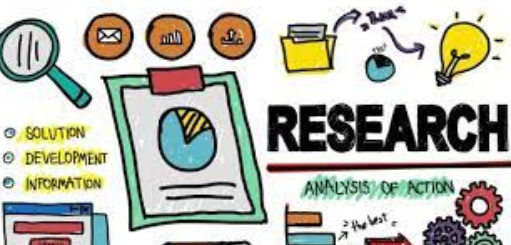Finding sources and creating a bibliography for an argument paper.

Campus Library Webpage:
You are going to want to get to know the Campus Library Webpage at http://www.cocc.edu/Library so that you can find books, background information and articles!
That webpage gets you access to our main search form, which allows you to pretty much search for anything in our collection of print, online, streaming video and other resources.
Why use a library webpage for accessing information when you can just use Google, you ask?
WELL! Think of the library as your map to the world of information. You can wander around the free web (Google, etc) and stumble across factual, accurate information just like you can wander around Europe and stumble upon the Eiffel tower (eventually!). There’s a lot of great stuff that can be found by wandering, but if you want efficient, effective access to information, library search tools help you get there fast.
Furthermore, have you ever felt like you needed a credit card available to access the good stuff on the web? Doesn’t that feel a little stressful?
Libraries buy the good stuff for you. That’s what we’re all about–giving you access to good, valuable, scholarly information. The thing is, you have to know how to use library search tools in order to find the good stuff. It’s not harder than Google–it’s just a little more spread out–you use different library search tools to locate different kinds of information, such as books, articles, and facts.
Keywords:
Keywords can be an essential part of your research process. Think, what are the essential concepts in my topic?
What combination of single words (or in some cases, phrases) represent that essential concept? Find keywords (and perhaps define your your topic!) by brainstorming words, synonyms and phrases around your topic.
Example:
If you want to explore, say, the topic of “autism and girls”, key words might be “autism” and another keyword would be ‘girls’. What are some other ways to say autism? Maybe “neurodiverse”, or “neurodiversity”? How about some other words to represent the concept of girls? How about “female”, “adolescents”, or “adolescence”?
Focusing Your Search and Topic Definition:
Explore library and other resources before you get too settled on your case study topic–and let your search results help determine the direction of your topic. If we don’t have a lot of information on your first topic “angle”, then let what you DO find inform a new direction for your research!
Don’t feel that you have a grip on your topic yet?
Another way to explore topics and locate some keywords is to use collections of online encyclopedias (CREDO and Gale). These FREE collections of online encyclopedias can help you to explore topics, get some background on your topic, explore ways of narrowing and focusing your topic, and discover some keywords for your topic. Find links to Gale and CREDO resources on almost all of our Subject Guides.
Look for the Subject Guides link just under our general search form.

To Get Some Articles, Use Journal Article Databases:
Journal article databases let you search on your topic to locate academic, scholarly articles. The library purchases these databases for you to search–this is different from searching on Google or other “free web” search engines!
Remember to start at the Campus Library webpage at: http://www.cocc.edu/Library/.
And, remember, you can use this main search form, which searches for everything–books, streaming videos, and articles!

Once you start your search, you can narrow your search down to a particular format using these options:

If you want to use resources customized to a specific field or topic (such as “Business” or “Aviation”), go back to the main search form and click on that button that says:

This gets you to an array of resources pertaining to that broad topic, leading you to additional article databases, video and audio and websites, as well as a huge number of online encyclopedias in your topic area.
Here’s a few databases (from our list of over 100) that are a good place to start:
Academic Search Premier
Business Source Premier
MasterFile Premier
Effective Database Searching:
- choose to limit your results to full text
- explore pull down menus that let you choose to limit your search to article titles
- start with keyword searching when available
- use ” ” for phrases
- use * to locate endings to words (truncation)
- use boolean commands (nicotine or smok*) and pregnan*
- full text articles may be e-mailed, downloaded or printed from the screen–we now have a service that looks for the full text of articles ACROSS multiple databases!
Source Credibility:
Let’s borrow some material from the University of Maryland:
Is My Source Credible?
https://libguides.umgc.edu/credibility
Citation Format:
Get to Barber Library’s Citation guides at: https://guides.cocc.edu/citations/home
Citation “machines” are at: https://www.citationmachine.net/. Always double check!
Remember, many of our electronic resources create citations in your preferred format and you can copy/paste them and/or send them to yourself. Always double check!
Getting Help:
Need help? Ask a Librarian! Just go to https://www.cocc.edu/departments/library/help/default.aspx to contact us via e-mail, phone, chat, or stop by the information desk (main floor of Barber Library) during our open hours: https://www.cocc.edu/departments/library/about/hours.aspx.
